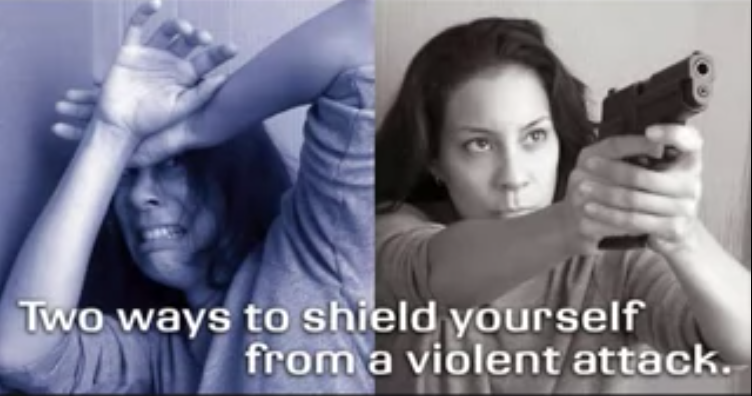Objective Summary, Gun Control: Exposing the Truth about Guns
Glenn Beck’s novel,
Control: Exposing the Truth about Guns, is a persuasive analysis on whether or
not gun control is effective. All of Beck’s written arguments are in response
to quotes from gun analysis. Beck argues guns are an ideal way to protect
oneself, and additionally, points out that gun control laws are generally
ineffective. The author begins this section with his argument against a quote
which noted that guns within homes were not evident to protect a woman.
Immediately, Beck states that, “15% of our military [are] female” (72). His argument
then jumps to several cases in which females were able to protect themselves
against robberies or intruders through the use of guns. This included a young
female fending off an in home intruder. The story stated that the young female went
to hide, and, “when the man tried to enter the closer she was hiding in she
shot and wounded the man” (72). Next, Beck dispels a statistic which states
that 40% of gun sales had no background check. Later, he says that, “the truth,
however, is that this statistic is way off. The real number is likely less than
10 percent” (76). He goes on to say that the survey supporting the 40% estimate
was not only outdated, but collect through a calling agency which was allowed
to curve ambiguous answers. Finally, the author responds to those who believe
the armed guards failed to stop the columbine attack. However, Beck notes that
not only was there only one armed guard assigned to the school, but the armed guard
was not inside the school at the time of the attack. Furthermore, Beck states
that,” [Gun activist] believe that banning guns will somehow make them safer,
as though laws are all we need to stop criminals” (100). He stresses that
announcing areas are gun-free zones, would be likely to entice criminals to
target the area.









